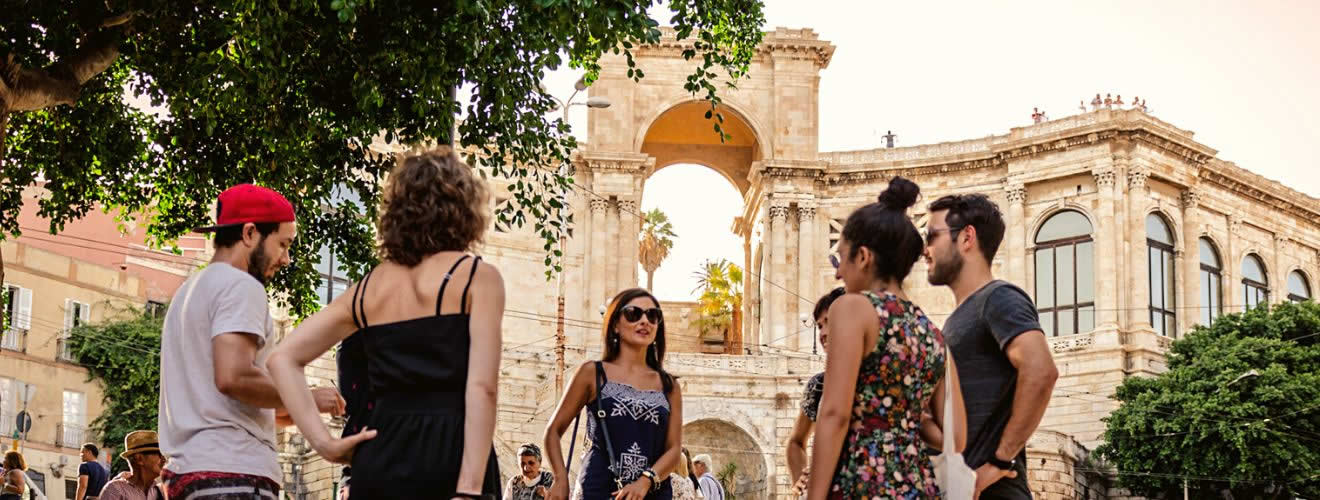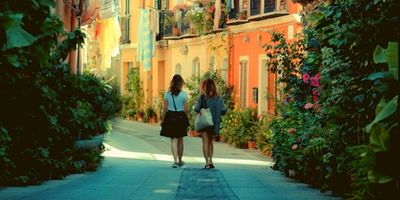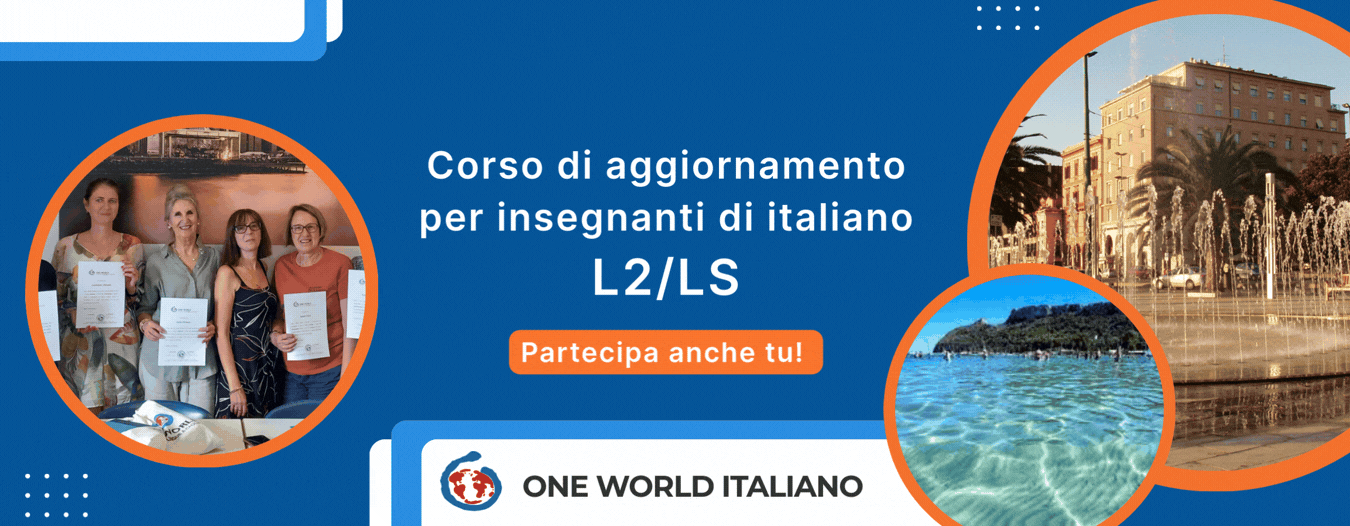Italian Course Exercises: Unit 8
Exercise to test your knowledge of time expressions and the passato prossimo. Choose the correct option: See also: Italian Time Expressions L’ altro giorno, la settimana scorsa, la settimana prossima… Italian Present Perfect Tense (Passato Prossimo) The present perfect tense is used in the … Italian Present Perfect (Passato Prossimo) of Verb “Stare” Exercise Exercise to test your knowledge of the present perfect […]
Read more


